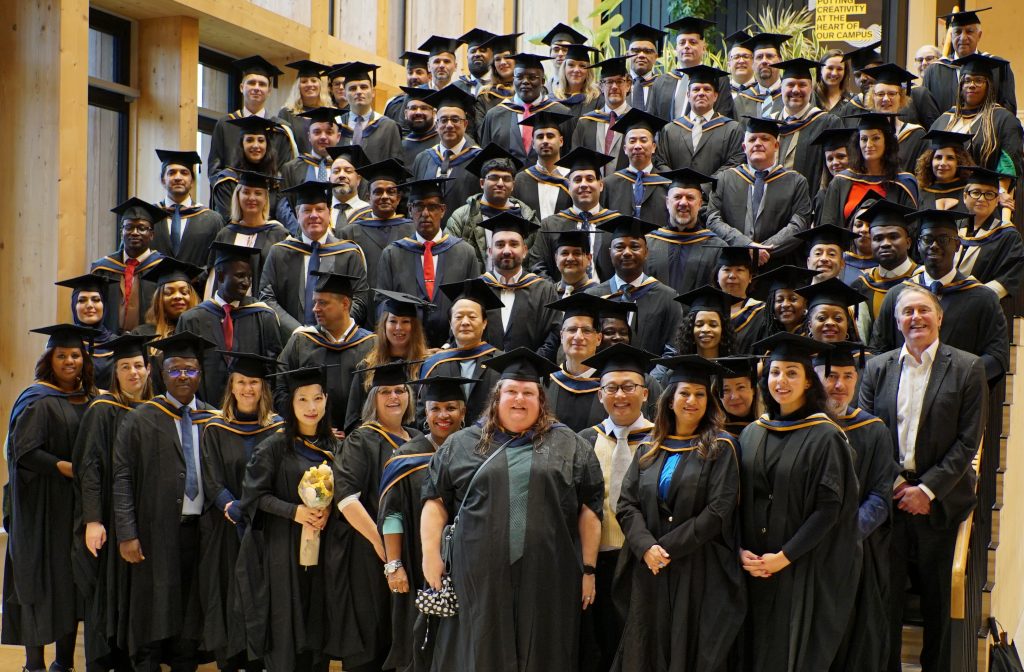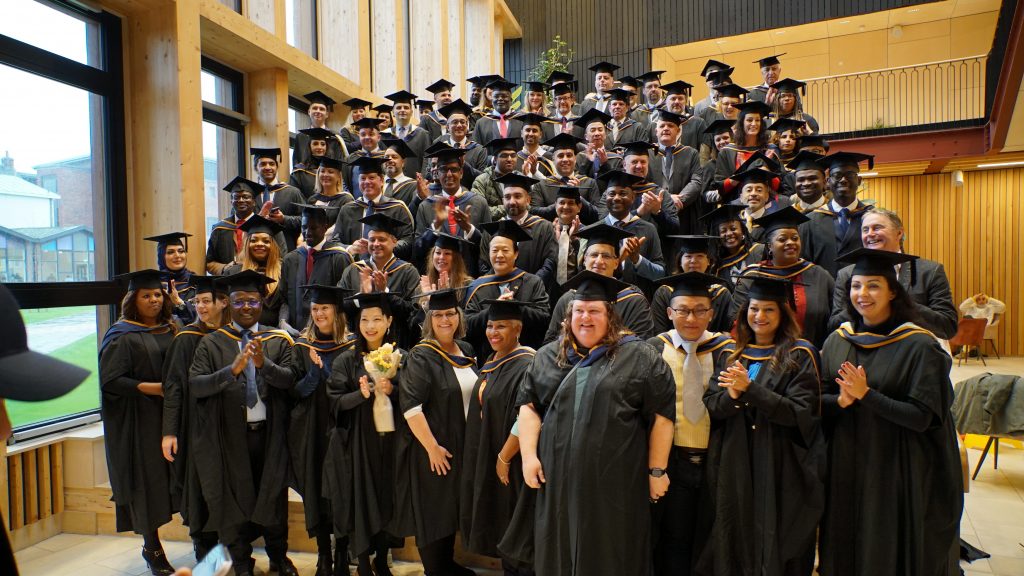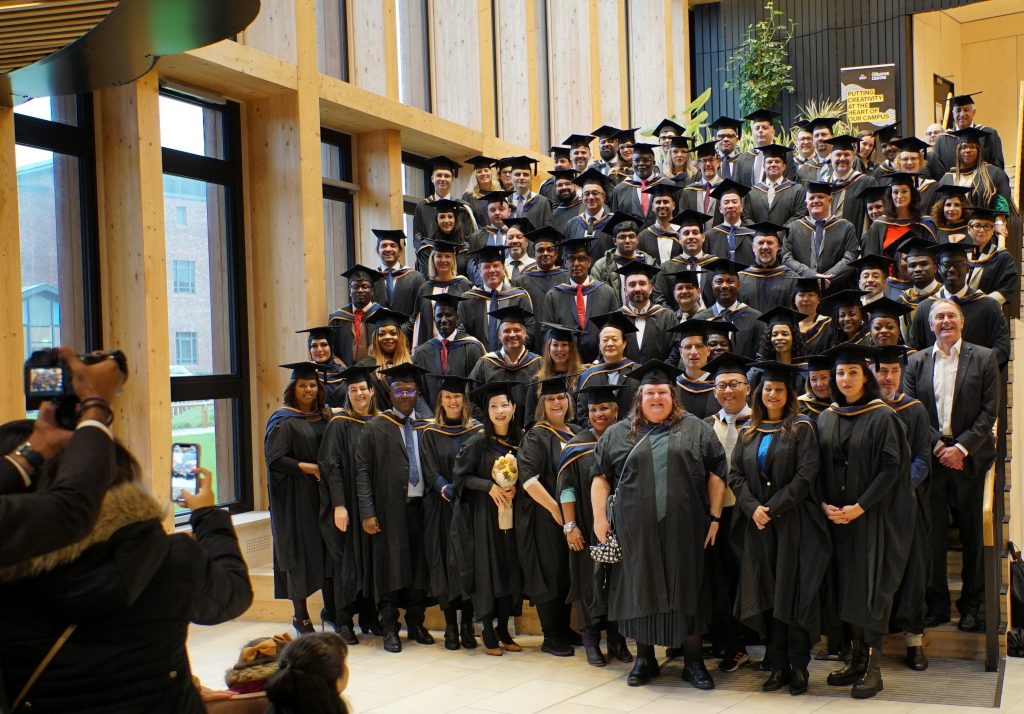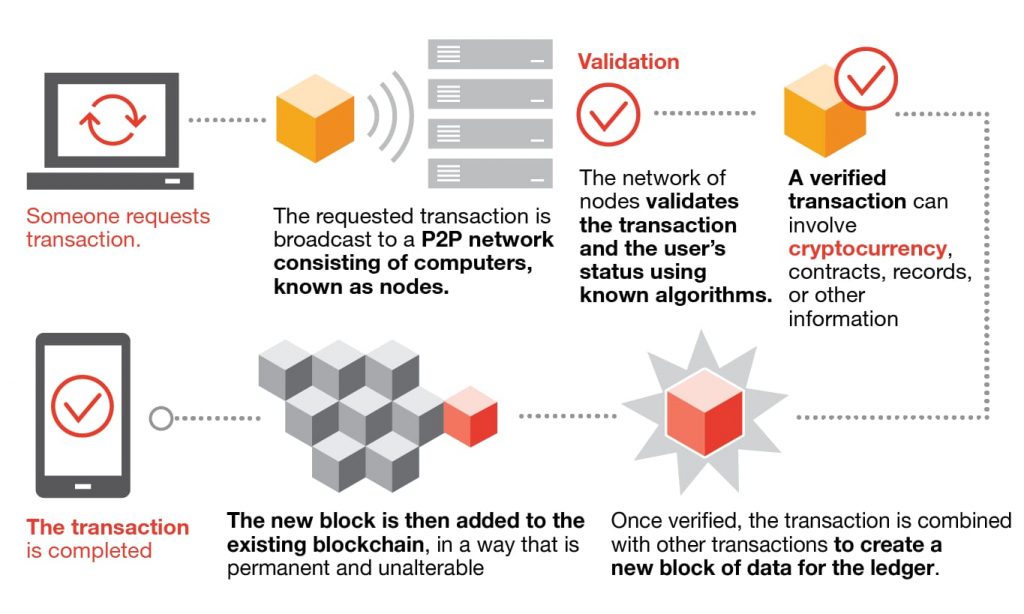The first thing anyone interested in enrolling for higher education in a college or University does is to check its legitimacy. And no surprises here, this is one of the top questions our education advisors get asked all the time – Tell me more about the college and partnership with British universities.
So, here is everything you need to know about RKC!
Number one of Number one: Who are we? An Introduction
Robert Kennedy College is a private educational institution based in Zürich, Switzerland. The College is a pioneer in Swiss quality online education offering rigorous but flexible learning programmes, through enhanced state of the art online e-learning technology that has been developed in-house entirely.
Exclusive Partnerships
The Robert Kennedy College online master’s and bachelor’s programmes are offered in an exclusive partnership with the University of Cumbria, the University of Salford, and York St John University

Student focused teaching
RKC’s online learning community greatly values and invests in each of its student. Here you get an opportunity to be a part of a prestigious international community of over 5000 students from 130 different countries and some world-class faculty. Chat with our education advisor to get your customized study plan.
World-class faculty
As a student at RKC, you will learn from some of best professors in the education field.
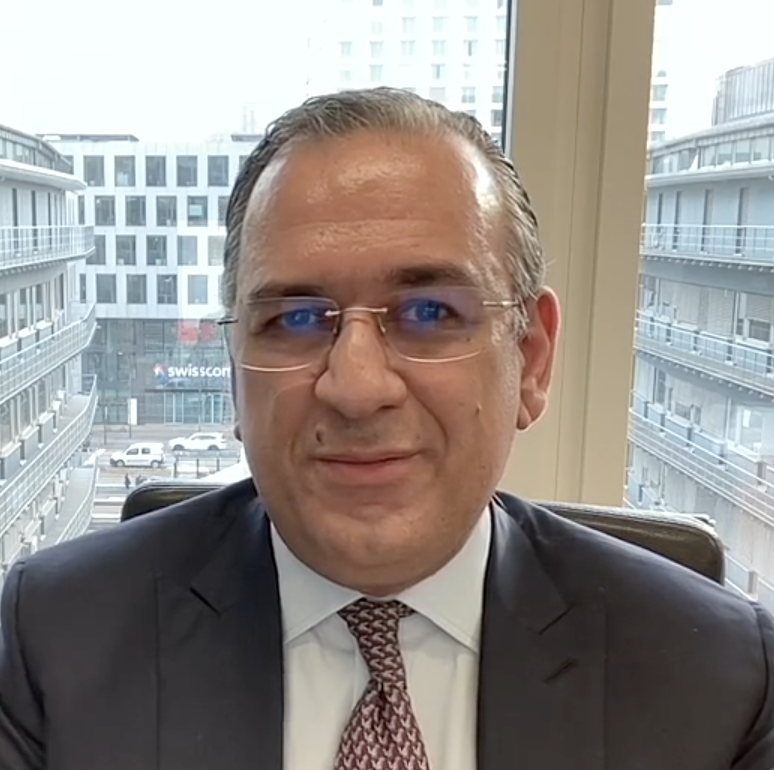
RKC’s dean Dr. iur. David Costa is one of the founders of Robert Kennedy College. In his current capacity as Dean of Faculty, he oversees the faculty review process and several of the college’s academic programmes. He lectures at Robert Kennedy College in Contracts Law, Transnational Business Law, Investment Law and Money Management, and is a frequent guest on business TV channels such as CNBC Europe and Bloomberg Television.
Our instructors are graduates from some of the best universities worldwide. Other key faculty members are Prof. David Duffil, Dr. Radu Negoescu, Dr. Alistair Benson and, Emeritus Prof. Gabriel Jacobs.
Unique course plan with one-week residency
Our programmes combine best of both worlds by offering Swiss quality education online via OnlineCampus with one-week residencies. The one-week residency represents a unique opportunity for students to work in groups, focus on case studies and get a head start for their dissertation. Residency offers a great opportunity to interact with fellow students and professors and learn from professional experiences of students from all over the world. Chat with our education advisor to get your customized study plan.
Worldwide recognition
One of the best advantages of studying master’s at RKC is that at the end of the programme, an internationally recognised full-time British degree is awarded by the University.
The University of Cumbria, University of Salford and York St John University are fully recognised by the British Government and duly listed on the United Kingdom’s Department for Education list of recognised UK awarding institutions. You can verify their official University status directly at the UK Government Website.

Flexible payment plans
At RKC we understand the importance of work-study-life balance. This is why we offer flexible payment plan where you can pay fees in interest free instalments. Check out the sample payment plan here.
With the above information, RKC ticks all boxes from the ideal online programme institution list. Go ahead and download our course catalogue and start your application online now.







